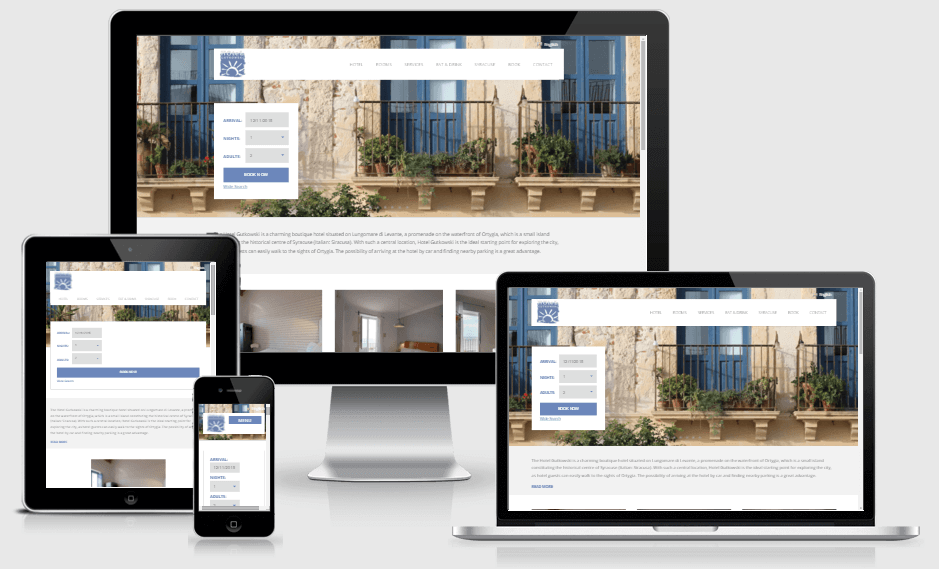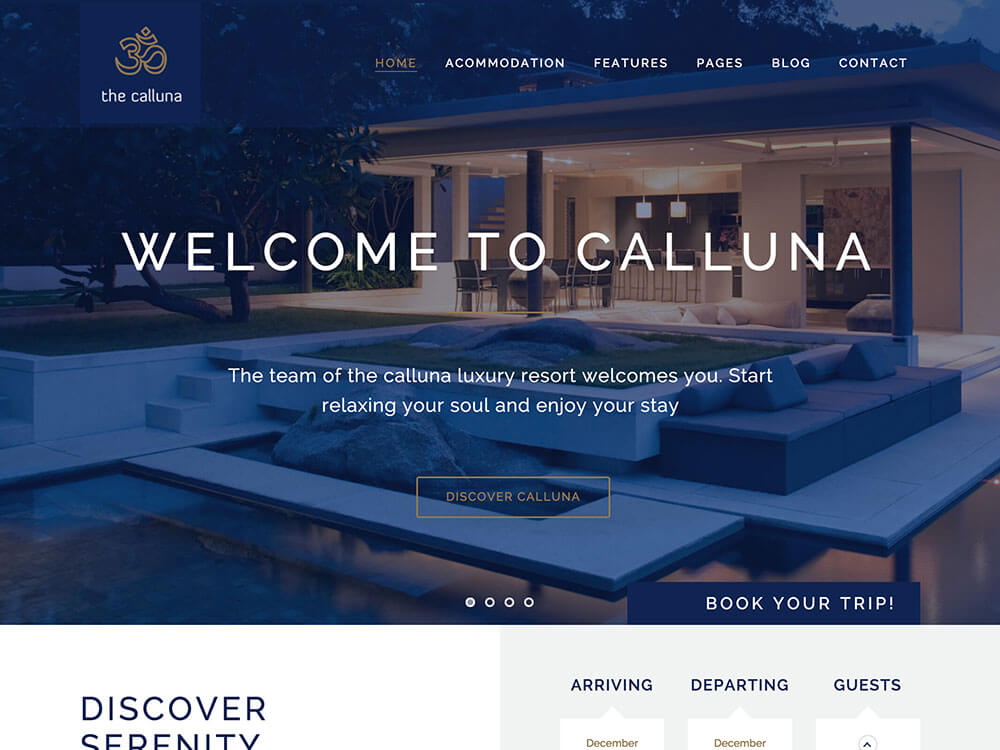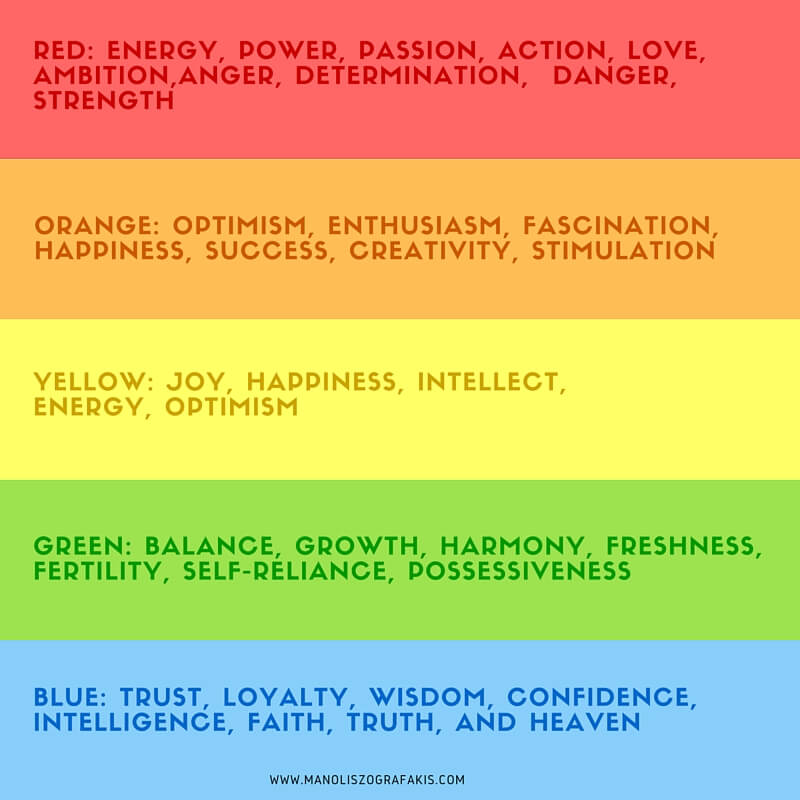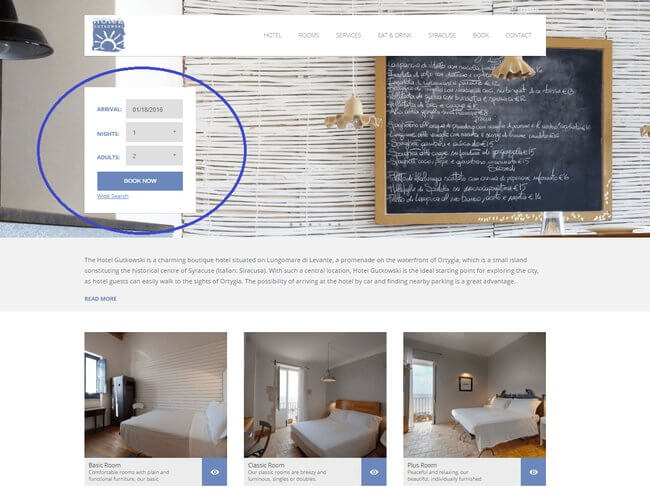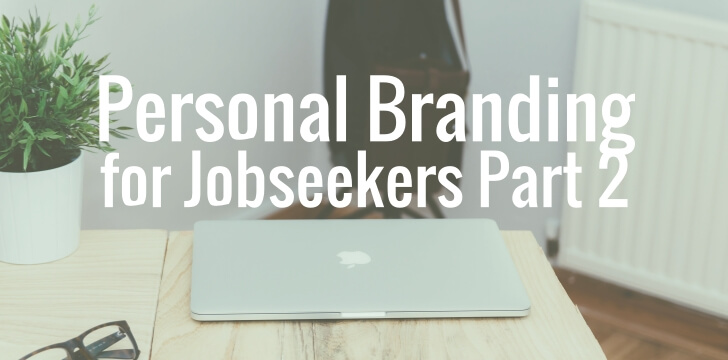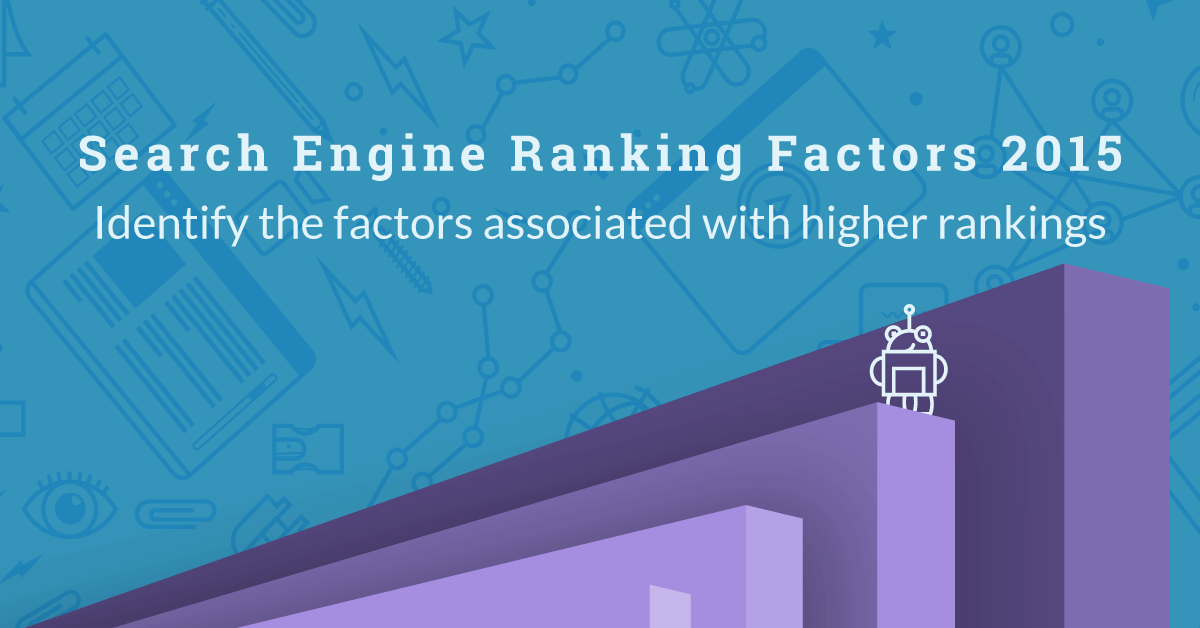13 Ways to Make Money From Your Personal Brand

Everybody wants to make as much money as they can from their brand, but they don’t know how to do it and where to start. Selling your services online or offline is the obvious way. However, there are various other ways to earn even more money. Below I mention some of the most common ways:
#1 Offer Coaching and Consulting Services
If you feel 100% confident that you grasp the knowledge needed by your audience then you can set up a coaching or consulting service. You can do this by creating a simple website with a contact page where you ask your audience to contact you by filling out a form or calling you directly to discuss the options and services that you offer so that you find out the best possible option that matches their needs. You can provide face to face sessions or even Skype sessions for people who might live far away from you or have mobility difficulties. You can also create packages (hourly, weekly or monthly) so that you provide different options to your audience. The more possibilities that you offer, the more chances to convince your audience to use your services.
#2 Start Blogging
If you haven’t started blogging yet, you need to do it ASAP. By blogging about what matters most to you and the field you are into, you show expertise and can attract attention. Also blogging gives you many monetising options that I cover below.
#3 Feature Sponsored Blog Posts on your blog
After starting your own blog and having a steady traffic and fan base you will probably start receiving emails from brands and marketing agencies who will want to advertise their products and services via your blog. Some will be willing to pay you for doing so, while others will offer you free products or services as a reward for promoting their brand. Moreover, if you want to be proactive you could sign up to platforms that will send you such offers. Below I mention some examples:
You can also contact directly specific brands that are connected to your field and topic and ask if they are interested in a sponsorship or a generic collaborating (find email templates to suggest).
#4 Sign Up to Influencer Marketing platforms
If you have some thousand of social media followers and readers of your blog then you should apply to become a member on influencer marketing platforms such as Blogdash and Social Spark. Those platforms will connect you with top brands who would like to advertise their products and services through your social media channels. Keep in mind that many of those platforms will require you to have at least some thousands of social followers, and update your social media quite often. The more followers you have, the more money that they will pay you for promoting their brand. You can find a huge list of influencer marketing platforms here.
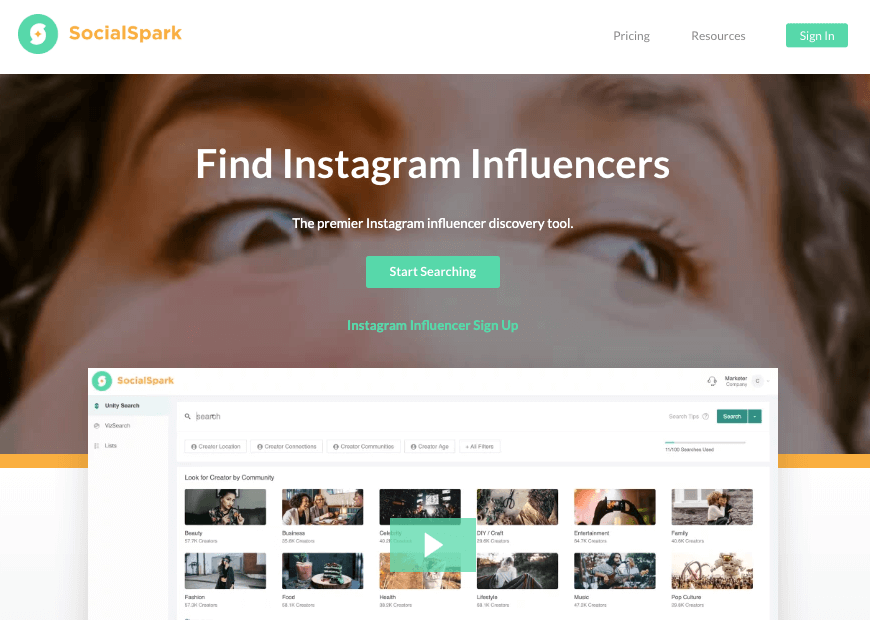
#5 Start a Podcast or a Radio Station
Another great way to promote your brand and reach a wider audience is through a series of podcasts. Podcasts are super hot at the moment. Advertisers have taken notice of that rise and have spent close to $500 million on podcast ads in the U.S. alone in 2018 which is 50% more than the amount spent in 2017.
If you want to take your brand a step forward you could even create your own internet radio station where you can host your podcasts but also music and even interviews with key influencers in your niche. Read this guide to starting your own internet radio with Airtime Pro. Airtime Pro also offers a built-in podcast feed as well as podcast hosting so you hit 2 birds with one stone.
You can create jingles to promote your sponsors and if your radio page starts getting many viewers you could even embed your station in your website so that you show ads and get paid by the clicks.
#6 Create an ebook – audiobook
If you are a natural writer then writing an ebook will not be a difficult thing to do. An ebook is a digital book where you can provide your ideas, insights on your field and useful information. If you write blog posts on a regular basis or you have a bunch or blog posts written already on a specific topic, then you can bind them into an e-book and then sell it via your own website or even marketplaces like Amazon. You could also repurpose the e-book and transform it into an audiobook.
#7 Affiliate Marketing
I will try to explain how affiliate marketing works very briefly through a simple example. You are a blogger, writing about luxury travelling. You blog about anything that has to do with luxury travelling, from luxury hotels to luxury travel products. Through affiliate marketing, you could earn money by forwarding your readers to commercial websites/brands that you promote throughout your blog or social media channels. There are affiliate networks that help publishers like you connect with such brands.
For example, an airline like Lufthansa or British Airways, will have an affiliate program where it lets them connect with websites and blogs like yours. So, a good way to start doing affiliate marketing is to:
- Think of brands that are suitable to your brand and you would normally talk about
- Find out if they offer an affiliate programme
- Sign up to their programme (most of the big brands offer affiliate programmes in big affiliate networks)
- Get an affiliate link or banner
- Think go blog posts you have written so far (and they receive continues organic traffic) where you could feature the affiliate link. You could also think of topics that you would like to write content for and how you could feature those affiliate links.
- Get a commission whenever a reader clicks on that link and purchase a service or a product from the brand’s website.
Below I mention 3 of the best affiliate networks out there:
#8 Offer an online course
Do you like teaching and spreading your knowledge? Then this is the best tip for you. Websites like Udemy and Skillshare let you create your own digital course and get paid for users who sign up to it. Your courses will be available to a world audience so the sky’s the limit! In that way you can end up making money while sleeping…
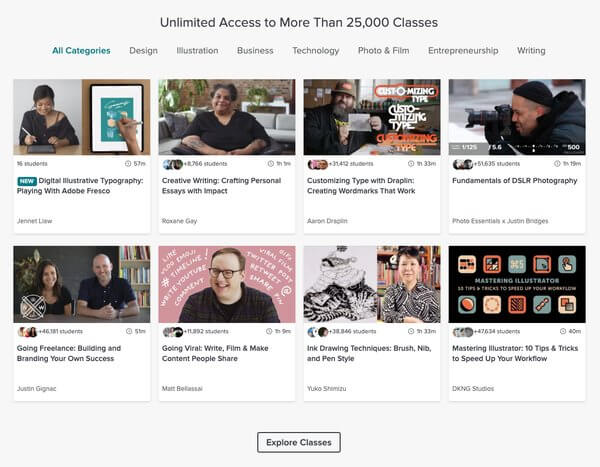
Skillshare.com
#9 Advertise your brand through Google Adwords
It’s super difficult to rank high in google and other search engines for keywords that have high competition. However, there is still a way to show up in the first results on queries that are relevant to your brand without having to deal with search engine optimisation. That way is called Google Adwords. Google’s paid service, Adwords let you bid for specific keywords you would like to show up for and if your landing page is relevant to the user’s search query and your bid high enough compared to the competition, then you have good chances to show up in a high position (even on the first place). That means that you could be earning a lot of relevant clicks which could potentially turn into paid customers. You can read this great guide on google Adwords that will help you set up your first Adwords campaign.
P.S. This tip can be combined with the one above. You can use Google Adwords to advertise your online course (on Udemy or Skillshare) and get more leads.
#10 Show ads on your blog with Google Adsense and other ad networks
If you have a blog and you have a high traffic then you can make money by featuring ads in your blog and get paid when your readers click one of those ads.
#11 YouTube Videos
If you’re a video blogger you will already know that youtube will pay you for having a big number of views (mention briefly how it works and also about featuring youtube video ads on your videos). If you’re a blogger but haven’t started video blogging yet, then now it might be the time to do so as YouTube has over a billion users and more than 500 million hours of videos are watched on YouTube each day.
You can turn your old blog posts into v-blogs and use affiliate links in the description of the video to direct the users to the brands you are mentioning throughout your video. Use the affiliate networks and influencer marketing platforms mentioned above to find brands that will pay you to produce a video promoting their brand.
#12 Run your own event (meetup)
If you like socialising and meeting new people then you could consider running a meetup event. You will first need to do a bit of market research to see if there is a need for what you are offering. Have a look through the platform to see if there are other meetups in your city in the same topic as yours. If there are such meetups on your topic, check out to see how many people are attending those events and if the meet ups are free or paid. You will then need to find a place or venue where you can set up your event (you could even do it at your living room!) and plan it on a monthly or even weekly basis according to the demand. You could promote your meetup on your website, your social media platforms, your newsletter but also on platforms like EventTribe and other event related platforms so that you reach a bigger audience. Platforms like EventTribe let you sell tickets in advance.
#13 Build a membership website
If you think that you have valuable content and information that people would be willing to pay to read for, then you could set up a membership section on your site. Users with a paid membership will have access to premium content (they could download podcasts, e-books, and get other perks). Try to be creative and find out what would be the content or service that your users want to pay for. In the beginning you could give free access to the first 100-200 users for a month or so, to see if they appreciate your offering and content and also how many of them turn into paid members.
Conclusion
Above I mentioned some good ways to earn money from your brand. Although I haven’t tried them allI, I personally have experienced great growth with consulting, blogging and affiliate marketing. There are plenty more ways that you could use too: be a careful observer and see how others promote their brand and how they make money out of it. Whichever way you choose, be sure to use your own channels like your newsletter or social media to promote the action to your fan base. Happy earning!









